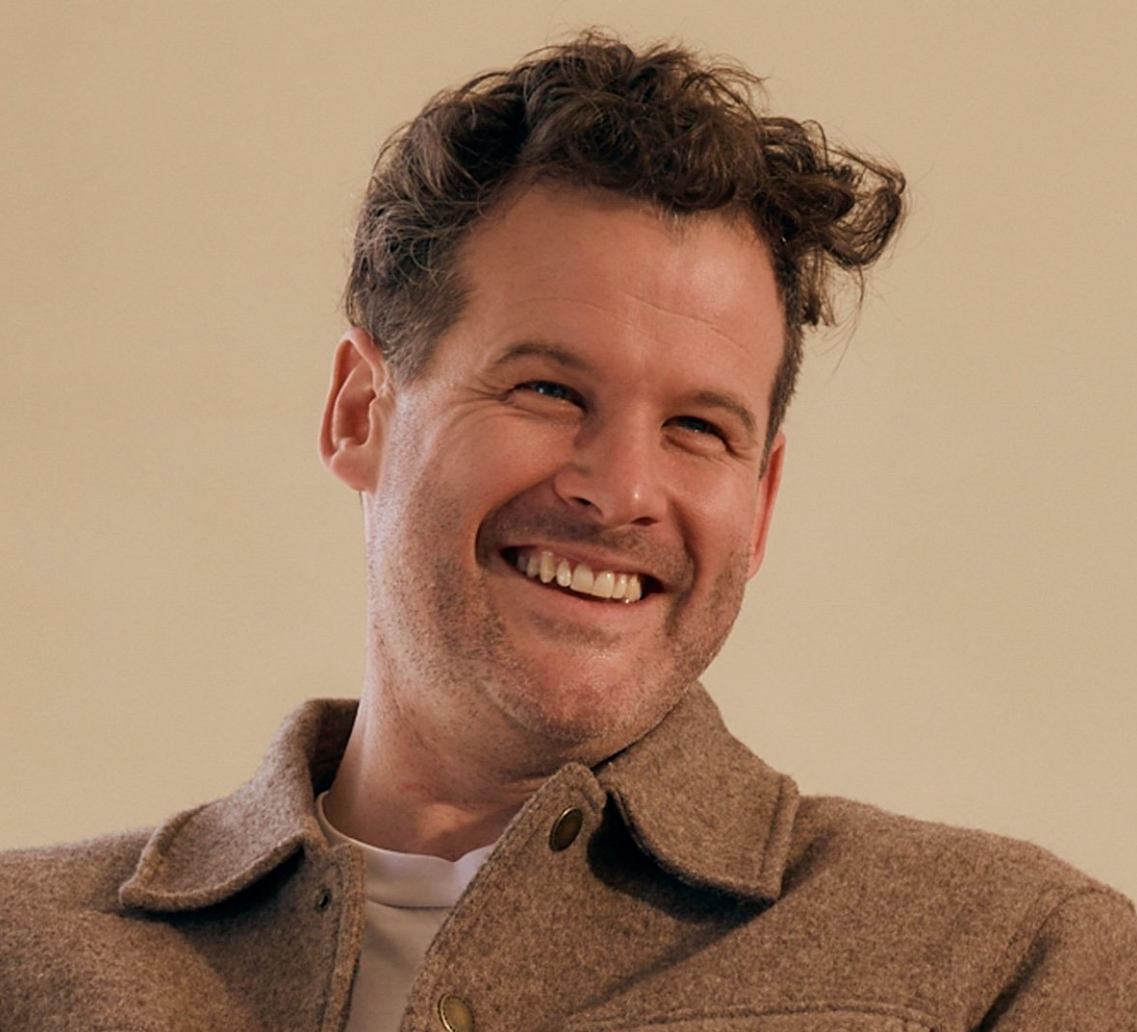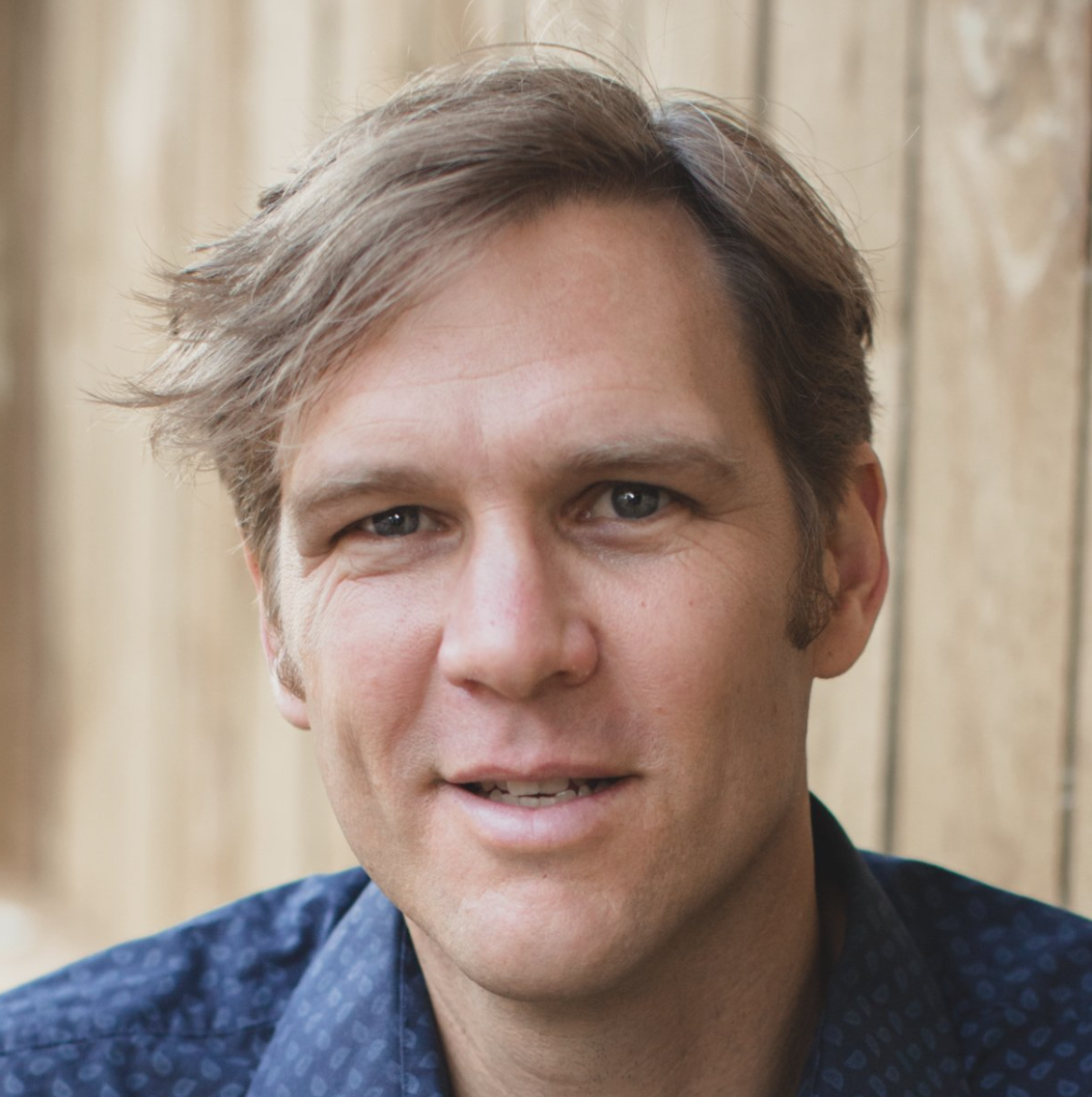Better Building in New Zealand: A Matter of Public Health and Sustainability
In New Zealand, improving building standards is about more than just construction; it’s about public health, energy savings, emission reduction and sustainable living. New Zealand has some of the lowest building standards in the OECD. Our insulation standards are half or even less of the levels required in Australia, Ireland, or the UK. In 2023, after a long consultation period and overwhelming support from the sector, an amendment to the Building Act increased the standards of insulation required in a building which would reduce the energy costs of an average four bedroom by 40%.
Citing increased costs the new “H1” insulation amendments would put on the affordability of housing, the government is now looking to roll back this amendment to pre-2023 standards. While this may save a few dollars during the build phase, this rollback is going to lead to poorer health outcomes for kiwis, increasing the costs on our health systems, as well as keeping home energy bills at unacceptably high levels. The costs are effectively being kicked down the road and onto someone else's budget lines.
The argument that this will make houses more affordable is highly debatable and shortsighted, and does not take into account the total cost of a house - both in the build phase as well as ongoing operation phase. A recent study found that not only was the roll back based on “anecdotal evidence” rather than well researched data, the cost of better standards, if done well, was only $2179 extra for better insulation of a three bedroom house. A fraction of the annual winter energy bills for some households.
According to a recent Public Health Expert Briefing, poor housing conditions have long been linked to negative health outcomes. Increasing building standards and insulation leads to better outcomes by reducing illness, days off school and work, pharmaceutical prescriptions, hospitalisations, and mortality, with a death prevented per year for every 1000 New Zealand homes insulated.
Earlier this year, the team at Wao and their Better Building working group had the privilege of hosting one of the authors of this recent public briefing. Andrew Eagles, CEO at the New Zealand Green Building Council (NZGBC) spoke in two separate sessions in both Queenstown and Wanaka about the steps being taken by the construction and property sector to reduce emissions, lower waste to landfill and improve resilience to flooding and overheating. Both sessions were sell outs which indicates both the concern and commitment to this sector.
The Experts Leading the Way with Better Building.
The Wao Summit’s Better Building Day features key players like the NZGBCand highlights the importance of programs like Homestar and the Living Building Challenge. These certifications provide a framework for going beyond standards and building energy-efficient, healthy homes and prioritizes features like better insulation, ventilation, and renewable energy use.
The day will connect builders, architects, and homeowners with strategies that enhance both environmental performance and health. By attending, participants can explore how these standards not only mitigate climate impacts but directly influence well-being.
Jo Underwood: Conscious and sustainable design
Jo Underwood is a Wānaka-based Registered Architect with extensive experience in the architectural industry, both in New Zealand and abroad. Her portfolio spans a diverse range of residential and commercial projects, encompassing both large and small-scale developments. Jo is passionate about sustainability and has been actively involved in Passive House and Homestar projects, as well as other high-performing initiatives. Her design philosophy centers on creating conscious and sustainable environments that promote health and well-being, ensuring that spaces are not only functional but also enjoyable to live, work, and play in.
Campbell McNeill and Tony Calder: Ecology, Health, and Practical Design
Campbell McNeill and Tony Calder are directors at Ahha Architecture, a firm committed to creating impactful, sustainable urban environments. Campbell leads the Ecology and Health + Wellbeing portfolios, focusing on improving urban spaces and enhancing ecological systems. He also contributes to the academic side of architecture, educating future designers. Tony, with a background as a carpenter and designer, emphasizes functionality, integrating material knowledge with practical design solutions. Together, they strive to use architecture as a tool for knowledge exchange and ecological enhancement.
Matthew Cutler-Welsh: Energy efficiency and future proofed homes
These speakers, along with other industry leaders such as Matthew Cutler-Welsh, Senior Manager at the New Zealand Green Building Council, will dive deep into the importance of maintaining and advancing building standards. Matthew, known for his expertise in energy efficiency, will discuss how programs like Homestar, New Zealand’s holistic sustainability certification for homes, can help future-proof our buildings against climate change and support public health.
Tricia Love: Pioneering Sustainable Design in New Zealand
Tricia Love founded Tricia Love Consultants in 2001, specializing in sustainable design and certification facilitation. With over 23 years of experience, Tricia has played a key role in advancing Green Star and the Living Building Challenge certification tools in New Zealand, working on some of the country's earliest certified projects.
Tricia also lectures in Architectural Technology at UNITEC and serves as a certification facilitator and auditor for the ILFI Living Building Challenge. At Wao Summit 2024, she will co-curate biophilic design workshops with Miranda Brown, blending engineering and creativity to inspire sustainable, nature-driven spaces.
Miranda Brown: Biophilic Design for Wellbeing
As a pioneering artist and biophilic designer, Miranda Brown is dedicated to reconnecting people with nature to enhance well-being and foster environmental stewardship. With over two decades in sustainable design, her work centers on regenerative principles that prioritize the natural world and all its life forms.
Miranda’s art and design are integrated into residential, commercial, and public projects, where she uses site-specific artwork, textiles, and wallpapers to inspire deeper connections with the natural environment.
At Wao Summit 2024, Miranda will co-facilitate the Biophilic Design Masterclass in Queenstown and Wānaka, offering participants hands-on insights into integrating nature into the built environment for healthier, more connected spaces.
As Miranda says, “Research shows us that when people are connected to their place, they look after that place.” Her work empowers individuals and communities to act as kaitiaki (guardians) of nature, supporting the beauty and well-being of the planet.
Stephan Mäusli: High-tech solutions and partnership
Since immigrating to New Zealand in 2001, Stephan Mäusli has established extensive connections within the construction industry, working with award-winning architectural practices and major construction companies across New Zealand and Australia. He is currently the Managing Director at Hector Egger New Zealand, a joint venture formed in August 2018 between local Queenstown-based partners Tristan Franklin and Stephan Mäusli and the Swiss company Hector Egger Holzbau AG. With over 23 years of experience in offsite manufacturing of timber elements and panels, Hector Egger Holzbau AG operates three ISO 9001 certified factories in Switzerland.
Hector Egger New Zealand specializes in the manufacture of high-tech timber structures and prefabricated timber panels for residential and commercial construction. Their panelised structures are engineered to meet New Zealand building codes and standards, making them suitable for various applications, including stand-alone houses, medium-density developments, multi-storey apartments, schools, and commercial buildings.
An opportunity to learn from the best.
The Wao Summit is a powerful opportunity to learn from these experts and understand how better building practices can shape a healthier, more sustainable future for New Zealand. In light of potential changes to our Building Code, it’s more important than ever to advocate for standards that protect both people and the planet.
For more details on the impact of our Building Code and why retaining these standards is essential, read the full article here.







